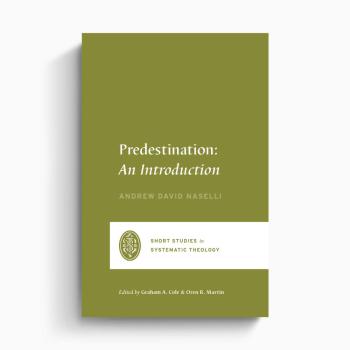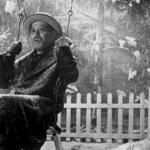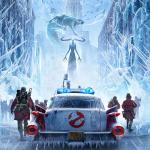Review of The Big Sky by A.B. Guthrie, Jr.
By COYLE NEAL

The Big Sky is the story of Boone Caudill, who just wants to be left alone. Left alone by his parents, left alone by society, and left alone by every other human being. So he moves West, where he learns the ways of the Indians and lives as a Mountain Man. And… that’s pretty much the plot. Unlike most Westerns, this isn’t a book that you read for the action sequences. Nor would you read it for character development—Boone starts off as a terrible human being and ends up exactly the same way. Really, the main reason to pick up The Big Sky is for the skillful depiction of both the untamed West and a certain attitude about independent living:
This was the way to live, free and easy, with time all a man’s own and none to say no to him. A body got so’s he felt everything was kin to him, the earth and sky and buffalo and beaver and the yellow moon at night. It was better than being walled in by a house, better than breathing in spoiled air and feeling caged like a varmint, better than running after the law or having the law running after you and looking to rules all the time until you wondered could you even take down your pants without somebody’s say-so. Here a man lived natural. (191)
Which is fine, but after 350-plus pages of lots of this sort of reflection and almost no action, the book tends to drag to the point of being actively dull. So if you’re going to read a Western, this is not the place to start…
And yet, there are some important themes in The Big Sky—the most important of which is the relationship between the individual, society, and nature. The repeated theme of the book is that society oppresses and corrupts the individual, who can only be truly free when alone in nature. Boone struggles desperately to cut all of the ties that bind him to civilization, leaving his Kentucky homestead to travel West with a riverboat crew, and then even abandoning that rugged lifestyle to run with the mountain men. Even that group is too cultured for Boone (after all, they get together once a year to sell their pelts and restock ammunition, coffee, and such), so he moves in with the Indians and lives with the tribe. Finally, any society at all is declared to be intolerable, because no matter how far from civilization and deep into nature he gets, he cannot escape the influence of his “civilized” past.
It was as if a man couldn’t get free from what he had been and done. He couldn’t be himself alone; he had to be all the other men he was, in the season before and the season before that and the season before that. He couldn’t stand just by what he did now; he had to stand by what he had done in the past, too. (280)
So even if we want to get away from the corruptions of society (as Rousseau would encourage us to do), the damage is already done. We can never be the free and happy people we want to be as we live amidst the glories of nature because society and civilization have already done their dirty work and corrupted us.
We as Christians have two ways to respond to the challenge presented by Boone Cauldill. (And I do mean presented by Boone, because while the main character is clear in what he thinks, the book as a whole is a bit more vague as to whether he’s actually right.) First, we reject the idea that nature is pure while society corrupts. Instead, we argue that both are a mix of good and evil. Nature declares the glory of God (Psalm 19:1-4), even as it groans under the weight of corruption and sin (Romans 8:22). Second, we recognize that civilization and society likewise exist at the decree of God (Romans 13:1-7) and oppose His purposes (Revelation 11:1-2) simultaneously. The Christian response to the problem posed in The Big Sky is that our troubles are not a result of society, and not even a result of the natural world; our problems are ourselves. No matter how far away from civilization we get, we cannot escape our own sinful nature. We can of course replace the problems of civilization with the problems of untamed nature (though that’s harder today than it was in the early 1800s), but we cannot escape the corruption that we carry within us. That corruption will be dealt with at the cross, or not at all.












